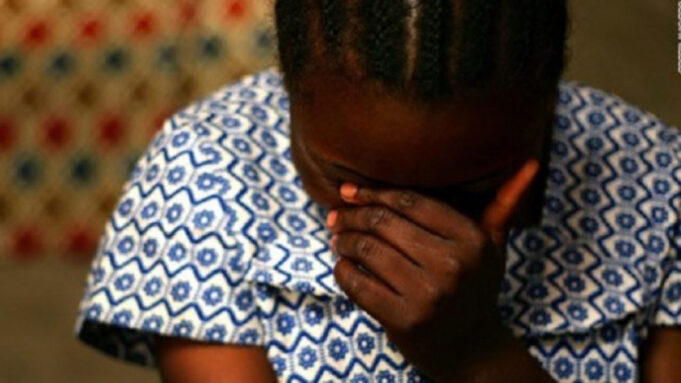A recent report by the Salama Sexual Assault Referral Centre (SARC) has revealed a troubling statistic: “Every 10 minutes, a woman is either sexually violated or killed in Nigeria.”
The report, which examined cases from 2019 to 2025, indicated that 4,426 women, girls, and children across eight local government areas of Kaduna State had suffered gender-based violence (GBV).
Speaking at a capacity-building session in Abuja organized by Global Rights Nigeria, the SARC Centre’s Manager for Kafanchan Zone, Grace Abim, highlighted the increase in reported cases.
“In 2019, we recorded two GBV cases. However, with increased awareness, we have documented about 4,426 incidents in the zone, covering eight Local Councils as of January this year, with 3,600 victims being mostly women,” she explained.
Abim stressed that despite growing awareness, Nigeria still has “a long way to go on GBV,” adding that survivors are now more willing to speak up, particularly in states with Sexual and Gender-Based Violence Centres. She contrasted this with the past when victims “were dying in silence because of lack of where to report the abuses.”
However, she lamented the slow pace of justice for victims, citing social, religious, and cultural barriers as obstacles to holding perpetrators accountable.
“GBV has no respect for ages, culture, religion, tribe, or profession—anyone can be a victim. However, most of the cases recorded were women and children,” she stated.
She also emphasized the need for increased funding to tackle GBV, urging private individuals to support government efforts.
“Although the Kaduna State government has provided the centre with requisite resources, the increasing number of cases calls for more funding from well-meaning Nigerians,” she added.
Speaking at the event, Noya Sedi, Programme Officer for Women and Gender at Global Rights, underscored the workshop’s goal:
“The workshop aims to promote effective community referral pathways for addressing sexual and gender-based violence (SGBV) in the Northwest and to emphasise the critical role of Sexual Assault Referral Centres (SARCs) in properly handling SGBV cases.”
She noted that the initiative seeks to bridge the gap between informal community responses and formal support systems by integrating community dialogue committees with established structures.
The training also emphasized the importance of community involvement in responding to GBV, acknowledging that local members are often the first point of contact for survivors.
The project encouraged sustained community-driven dialogue to improve safety, awareness, and access to justice.

















